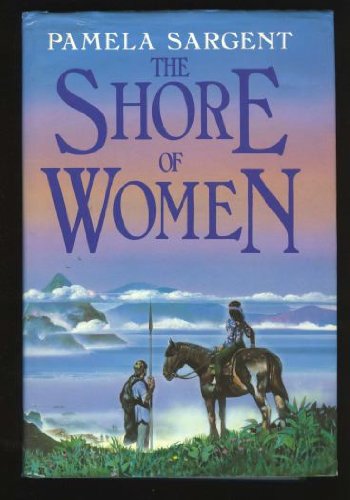



Still, thoroughly enjoyable for characterization, world-building, and seeing men in the story get treated in some ways, the way they treat us. Obviously, as other reviewers have pointed out, this is not really feminist literature, just because it has lesbians in it.

They would variously be summoned to the walls to contribute their sperm, but were kept in ignorance of their purpose, believing the women to be aspects of the Goddess. So women built enclosed cities, leaving men to fight for survival in the wildernesses outside. Women gathered together, separating themselves from men, in the belief that men could not be trusted with the reins of leadership again, lest their tendency towards violence destroy the world again. When the Earth seemed healed enough, the survivors made their way from the underground shelters and began to create civilization again. It's about a land, probably north America, centuries after the nuclear apocalypse. I can't say this book is perfect, but I'm still going to give it 5 🌟. The winner of the Nebula and Locus awards, she has also coauthored several Star Trek novels with George Zebrowski. Hailed as "one of the genre's best writers" by the Washington Post Book World, Pamela Sargent is the author of numerous novels, including Earthseed and Venus of Dreams. Their love just might mend their fractured world-if they manage to survive. She crosses paths with a hunter, Arvil, and the two grow close as they evade the ever-threatening female forces and the savage wilderness men. When one young woman, Birana, questions her society's deception, she finds herself exiled among the very men she has been taught to scorn. Using advanced technology, they've expelled men from their vast walled cities to roam the countryside in primitive bands, bringing them back only for the purpose of loveless reproduction under the guise of powerful goddesses. After a nuclear holocaust, women rule the world. A dystopian tale of a power struggle between the sexes in the post-nuclear future, perfect for readers of Margaret Atwood and Ursula K.


 0 kommentar(er)
0 kommentar(er)
